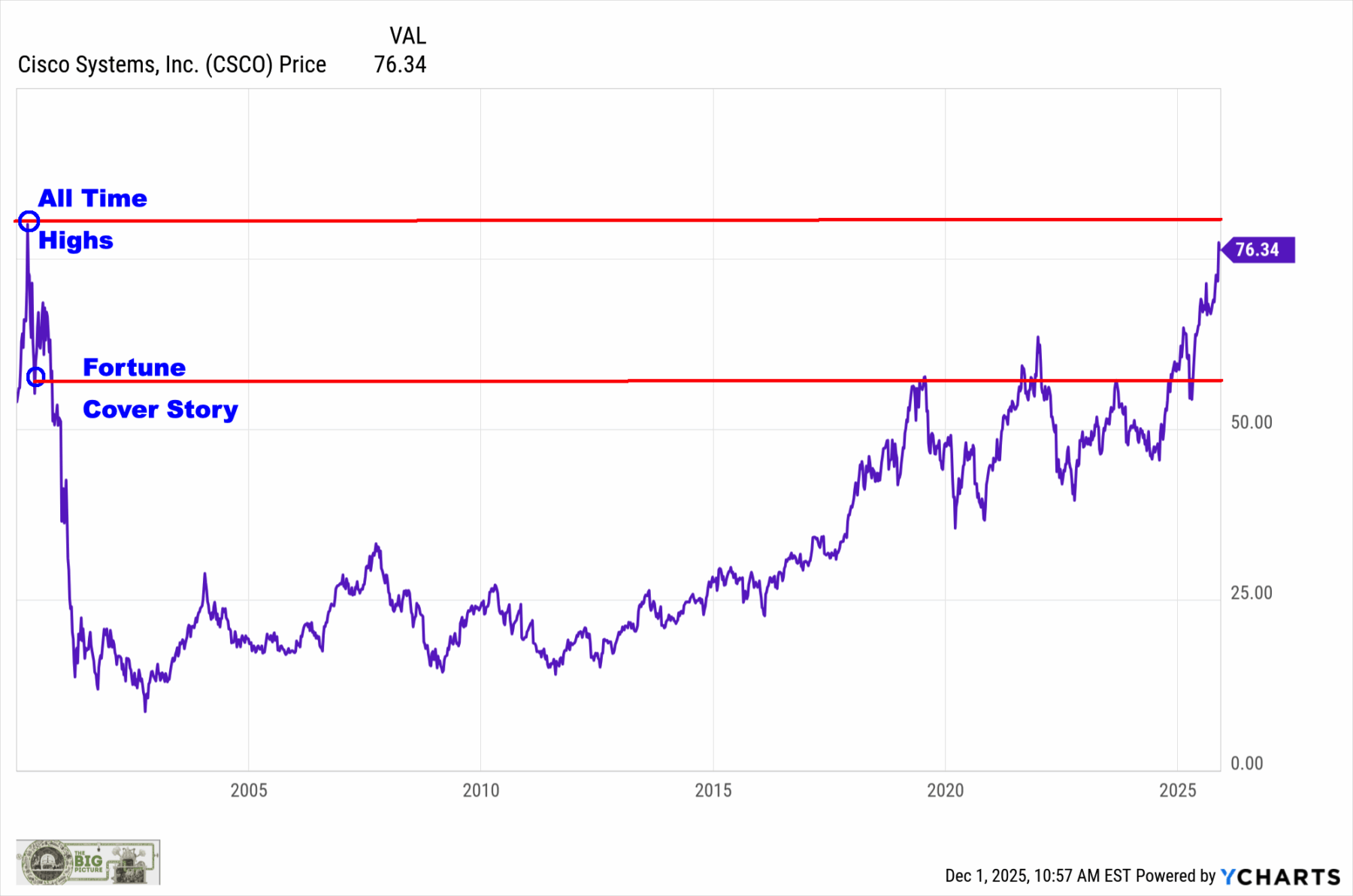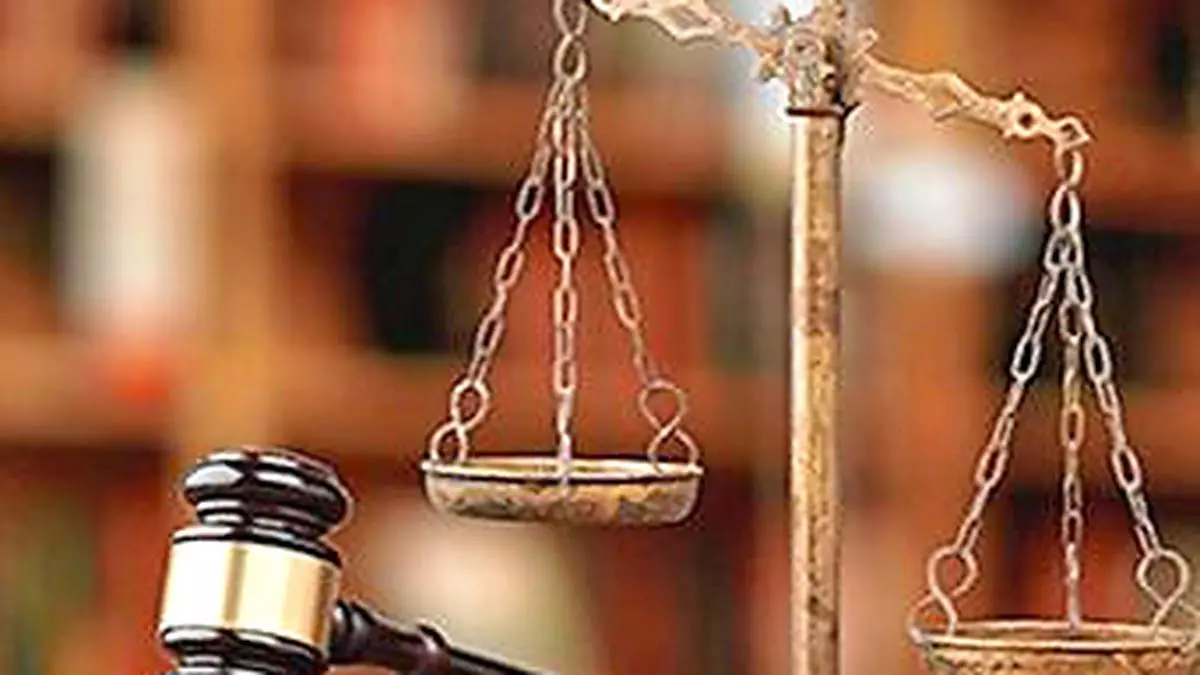What is the state (“government”)? The current prosecutions of a former statocrat-in-chief* offer multiple opportunities to raise the question. A declaration by a lawyer about how Donald Trump’s co-defendants could challenge the use of Georgia’s RICO law is especially interesting. The Wall Street Journal reports (“How Donald Trump Could Attack Georgia RICO Prosecution,” August 25, 2023):
“They’d say that there may have been a similar goal—that Trump remain president—but there was no coordination,” said Jack Cunha, a lawyer in Boston who has defended racketeering cases. “They’re going to say this isn’t the mafia or a street gang. They’ll say this is just hardball politics.”
Lysander Spooner, a 19th-century political philosopher and activist, would probably reply that hardball politics is indistinguishable from a mafia. For Spooner, the state is the ultimate criminal conspiracy. In this light, there is a certain irony in its creation and use of RICO. In his fiery 1870 article “The Constitution of No Authority,” Spooner wrote:
Not knowing who the particular individuals are, who call themselves “the government,” the tax payer does not know whom he pays his taxes to. All he knows is that a man comes to him, representing himself to be the agent of “the government”—that is, the agent of a secret band of robbers and murderers, who have taken to themselves the title of “the government,” and have determined to kill every body who refuses to give them whatever money they demand. …
The secret ballot makes a secret government; and a secret government is a secret band of robbers and murderers. …
Thus it is obvious that the only visible, tangible government we have is made up of these professed agents or representatives of a secret band of robbers and murderers, who, to cover up, or gloss over, their robberies and murders, have taken to themselves the title of “the people of the United States,” and who, on the pretence of being “the people of the United States,” assert their right to subject to their dominion, and to control and dispose of at their pleasure, all property and persons found in the United States.
An economist or a political economist will look at the state in a very different way. The question is not the ontological one of what is the state but, in a scientific-nominalist way, how the state works (and how, comparatively, would anarchy work).
Incidentally, this focus on how things work reminds us that any collective action or conspiracy must be incentive-compatible. Most of what is called “conspiracy theories” is not. Incentive-compatible means that each individual co-conspirator thinks that his own action will increase his own expected net benefit more than his own expected cost. This is why there are few large, complex, and risky conspiracies. When there is one, it is discovered because each conspirator has an incentive to rat on his fellow conspirators (it’s the “prisoner’s dilemma”). Note that “risky” usually means illegal.
Going back to how the state works, consider Anthony de Jasay who was, I believe, one of the great (and most neglected) economists of the 20th century. He described himself as a liberal and an anarchist. Perhaps one could say that he was a conservative anarchist. How the state works is the question he asked in his masterpiece The State. He answers that the state (even if run by an altruistic political philosopher like, say, Trump or Giuliani) does not behave like a great and glorious embodiment of “the people.” Instead, the state is in the business of governing, that is, of handicapping some of its subjects or “citizens” in order to grant privileges to those whose support it needs to retain power. The state may not be more dignified in de Jasay than it was in Spooner, but the methodology and implications of the analysis, as well as its (possible) normative corollaries, are very different. One may disagree with de Jasay’s analysis, and have good reasons to, but not before reading the book.
———————————————————–
* “Statocrats” comes from an old French word (statocrate) recycled by Bertrand de Jouvenel and meaning “a man who derives his authority only from the position he holds and the office he performs in the service of the state” (On Power: The Natural History of Its Growth, 1945 for the original French edition).
















